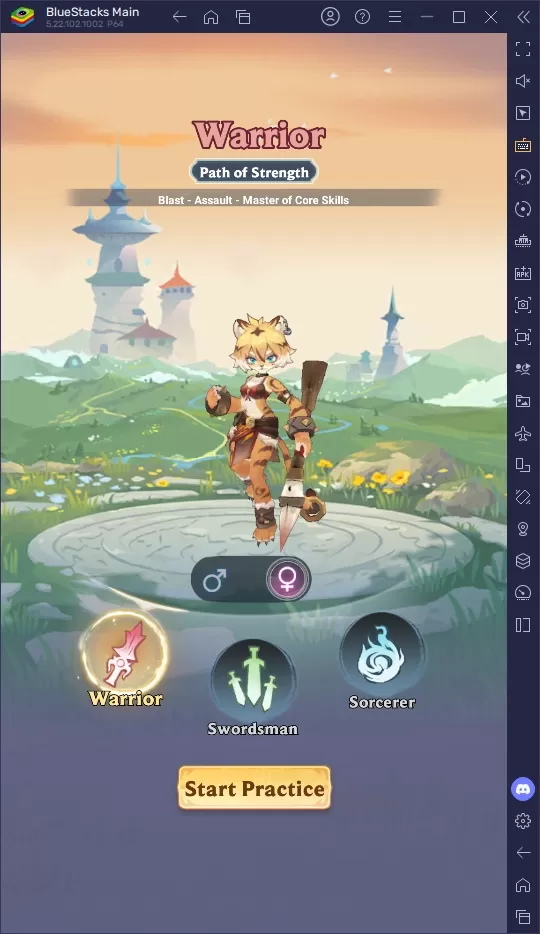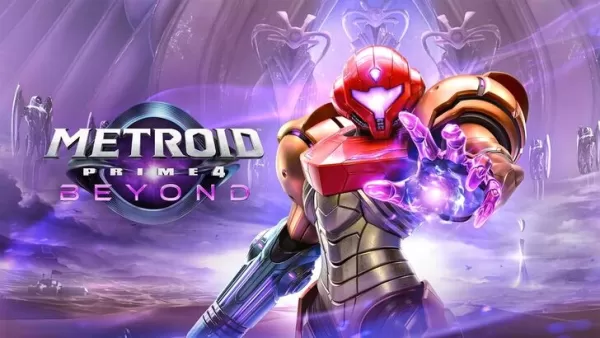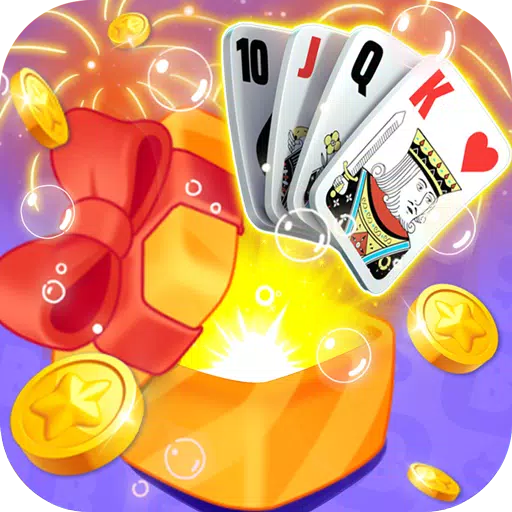In this week's episode of the official Xbox Podcast, a tantalizing yet frustrating update on Playground Games’ much-anticipated Fable was unveiled. While we were treated to a rare glimpse of gameplay, the news came with the disappointing announcement of a delay. Initially slated for a release this year, Fable is now scheduled to launch in 2026.
Although delays can be disheartening, they often signal a commitment to delivering a more polished and immersive experience. For Fable, this additional time could mean a richer, more detailed world. While we wait, it's the perfect opportunity to revisit the Fable series, particularly Fable 2, the pinnacle of the franchise. Released in 2008 by Lionhead Studios, this classic RPG offers a unique and peculiar gaming experience.
Fable 2 stands out even among its contemporaries like Fallout 3 and BioWare’s early 3D titles. While it maintains a traditional campaign structure with a linear main story and varied side quests, its RPG mechanics are refreshingly simple. Instead of complex stat systems, Fable 2 employs just six main skills covering health, strength, and speed, and a single damage stat for weapons. Combat is straightforward yet spiced up with creative spellcasting, such as the amusing Chaos spell that makes enemies dance and scrub floors. Even death is lenient, with only a minor XP penalty as punishment.
Fable 2 is particularly welcoming for those new to RPGs. Its world, Albion, is less overwhelming than the vast, open landscapes of games like Oblivion. Instead, Albion consists of manageable, interconnected maps that you can explore with your loyal dog, uncovering secrets like buried treasure and hidden caves. While Albion’s geography is more linear, it fosters a sense of scale and opportunity that belies its size.
Although Albion may not match the expansive worlds of BioWare’s Infinity Engine games or Bethesda’s Morrowind, it excels in its simulation of life. Similar to Maxis’ The Sims, Fable 2’s world is filled with bustling activity. Citizens follow daily routines, and town criers announce the time, creating a vibrant atmosphere. Players can interact with NPCs using a range of gestures, influencing their reactions with actions as varied as charming them with heroism or offending them with a well-timed fart.
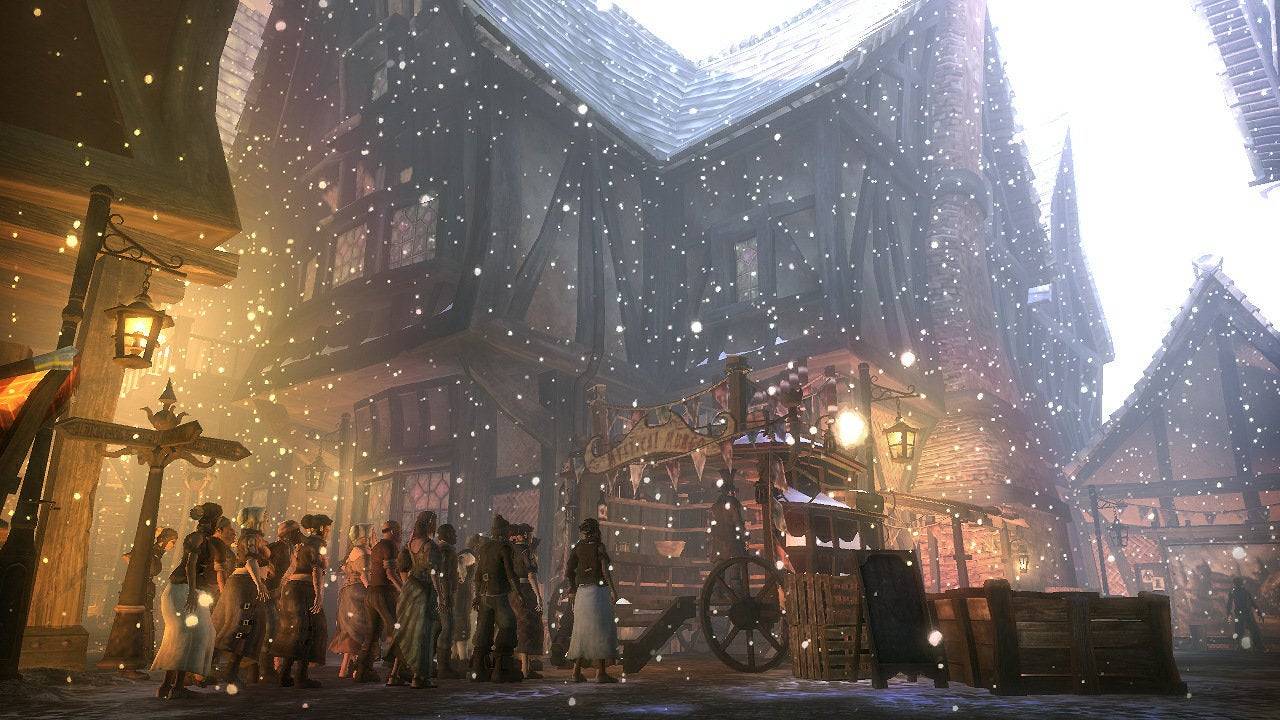
Engaging with Albion’s society is where Fable 2 truly shines. Players can buy properties, work at various jobs, and even start families, all of which contribute to a remarkably authentic sense of life. Few RPGs have replicated this level of societal interaction, but Rockstar’s Red Dead Redemption 2 comes close with its responsive world and detailed NPC interactions.
For Playground Games’ new Fable, maintaining this living world should be a priority, taking inspiration from Rockstar’s work rather than current tabletop-inspired RPGs. Additionally, preserving Fable’s uniquely British humor, with its satire of the class system and cheeky humor, is crucial. The involvement of actors like Richard Ayoade and Matt King in trailers suggests that this aspect is in good hands.
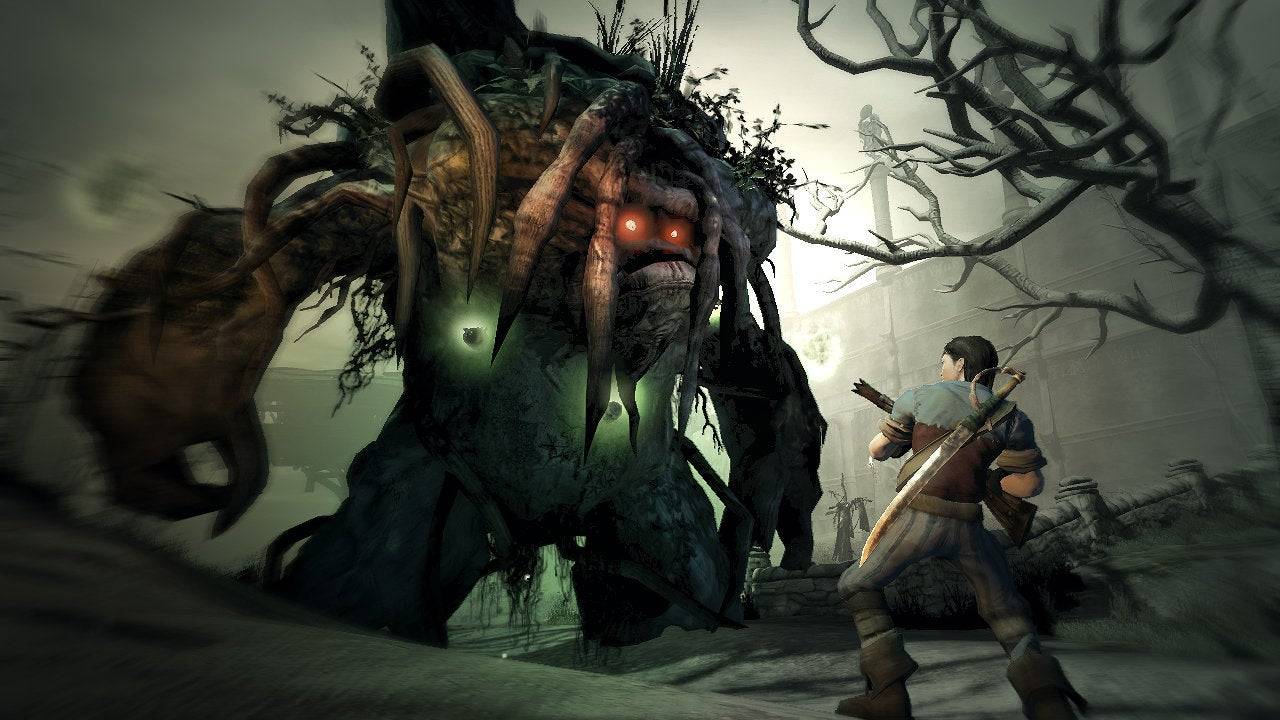
Lionhead Studios, founded by Peter Molyneux, has always explored the dichotomy of good and evil in its games, and Fable 2 is no exception. Unlike the nuanced moral choices in games like The Witcher, Fable 2 offers stark contrasts between angelic and demonic actions. This binary approach, where quests branch into good or evil paths, enhances the game’s comedic extremes and allows players to fully embrace heroism or villainy.
While the recent development update provided only 50 seconds of pre-alpha footage, it showcased a more detailed world with hints of an expansive open environment. A brief shot of a bustling city suggests that Playground Games might retain the societal simulation that made Fable 2 unique. However, with the game still a year away, now is the perfect time to dive back into Fable 2 and appreciate its distinctive charm.
As we await the new Fable, it's important that Playground Games keeps the essence of what made the series special: its oddities, humor, and the clear distinction between good and evil. Fable should remain true to its roots, embracing its unique identity rather than conforming to the trends of other RPGs.

